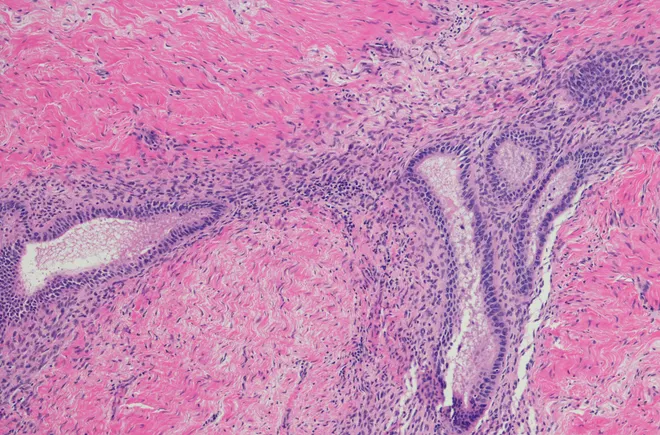Summary
Company executives had seen the drug as a potential multi-billion dollar opportunity in womens health.
Source: BioPharma Dive

AI News Q&A (Free Content)
Q1: What recent development led Organon to halt the progress of its endometriosis drug?
A1: Organon decided to discontinue the development of its experimental drug OG-6219 intended for managing endometriosis-related pain after a mid-stage trial failed to show significant pain reduction compared to a placebo. The study involved women aged 18 to 49 with moderate-to-severe pain, but the drug did not meet its primary goal of improving pelvic pain scores.
Q2: Why was the OG-6219 drug considered a significant opportunity in women's health before the trial results?
A2: Before the mid-stage trial results, Organon executives believed that OG-6219 had the potential to become a multi-billion dollar product in women's health. This optimism was driven by the drug's design to address a significant market need in treating endometriosis-related pain, a condition affecting many women worldwide.
Q3: What was the mechanism of action for the Organon drug OG-6219 in treating endometriosis?
A3: OG-6219 is an oral 17β-hydroxysteroid dehydrogenase type 1 (HSD17B1) inhibitor, which was designed to potentially manage endometriosis symptoms by impacting estrogen metabolism. It aimed to reduce the formation of estradiol, a potent estrogen, thereby exerting antiestrogenic effects useful in treating estrogen-dependent conditions like endometriosis.
Q4: What are some alternative medical management options for endometriosis following the failure of OG-6219?
A4: Following the failure of OG-6219, alternative medical management options for endometriosis include hormonal treatments such as combined oral contraceptives and progestogens, as well as gonadotropin-releasing hormone antagonists for more severe cases. Additionally, there is a growing use of complementary and alternative medicines to manage symptoms.
Q5: What impact did the trial's outcome have on Organon's market performance?
A5: Despite the discontinuation of OG-6219 development, Organon's market performance was not significantly affected, with shares trading 1% higher following the announcement. This suggests that investors may have anticipated the trial's outcome or viewed it as part of the typical risks associated with drug development.
Q6: What previous acquisitions by Organon relate to the development of OG-6219?
A6: Organon's development of OG-6219 is linked to its acquisition of Forendo Pharma in 2021, which provided access to the drug. This acquisition was part of Organon's strategy to expand its portfolio in women's health by integrating promising therapeutic candidates.
Q7: What are the implications of OG-6219's trial failure for future research on endometriosis treatments?
A7: The trial failure of OG-6219 underscores the challenges in developing effective endometriosis treatments and may prompt further research into alternative mechanisms or combination therapies. It highlights the need for continued exploration of innovative approaches to manage endometriosis-associated symptoms effectively.





